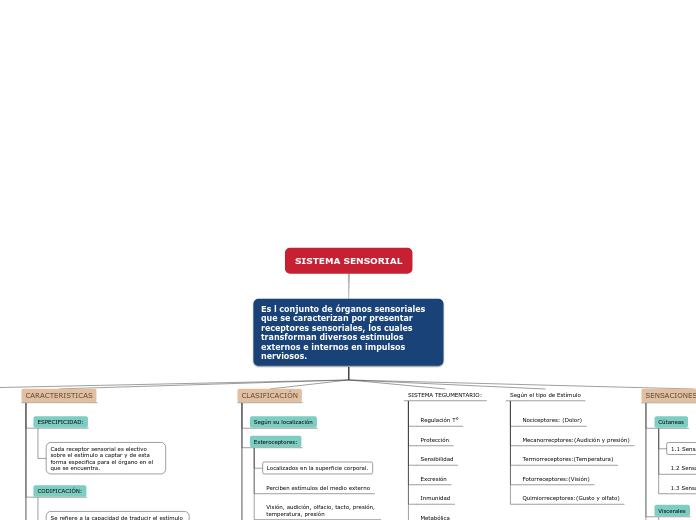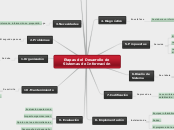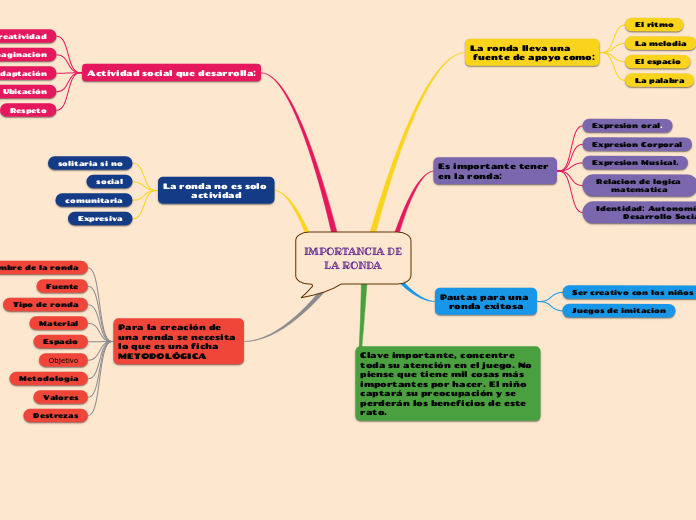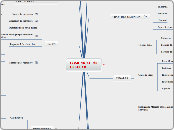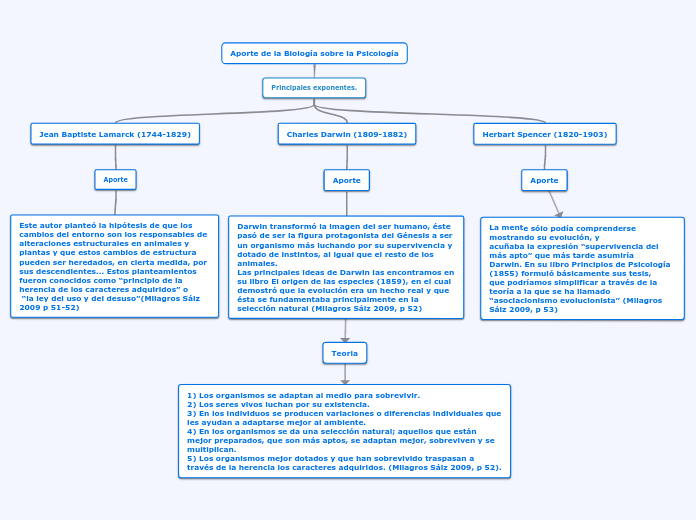SISTEMA SENSORIAL
Type in the name of the multiple-perspectives text.
Example: Bridge to Terabithia by Katherine Paterson
Es l conjunto de órganos sensoriales que se caracterizan por presentar receptores sensoriales, los cuales transforman diversos estímulos externos e internos en impulsos nerviosos.
Identify an important issue from the text that is being presented from different angles. Type it in.
Example: Jesse's drawing talent.
SENSACIONES GENERALES
Decide on the fourth point of view
Type in the name of the last character whose perspective on the issue you are going to present.
Example: Leslie Burke, Jesse's new next-door neighbor, and best friend.
Propioceptivas
Son sensaciones concientes de los movimientos de los músculos, tendones, articulaciones y equilibrio
Viscerales
Incluye sensaciones como la repleción, vacuidad, presión arterial, volumen sanguíneo, y concentración de sustancias químicas en el plasma.
Cútaneas
Point of view
Type in a relevant quote that highlights the character's point of view. Try to follow a citation format: author's name, chapter, and page.
Example: I can't get the poetry of the trees,' he said. She nodded. Don't worry,' she said. You will someday. He believed her.' (Paterson, 4. 24)
1.3 Sensaciones de Dolor
1.2 Sensaciones Térmicas
1.1 Sensaciones Táctiles
How is the viewpoint introduced in the story?
Choose an answer:
First person point of view - using the personal pronouns 'I' or 'we'Second person point of view - using the personal pronoun 'you'Third person point of view - using the third-person pronouns 'he', 'she' and 'they'Omniscient point of view - an all-seeing observer tells the story
Según el tipo de Estímulo
Quimiorreceptores:(Gusto y olfato)
Fotorreceptores:(Visión)
Termorreceptores:(Temperatura)
Mecanorrecptores:(Audición y presión)
Nociceptores: (Dolor)
SISTEMA TEGUMENTARIO:
Metabólica
Inmunidad
Excresión
Sensibilidad
Protección
Regulación T°
CLASIFICACIÓN
Whose character does the third point of view belong to?
Type in his/her name.
Example: Mr. Aarons, Jesse's father.
Propioceptores:
Se hayan en capsulas articulares y tendones.
Recibe impulsos sobre relación y reconocimiento del cuerpo en el espacio
Interoceptores(Viscerpceptores):
Captan: Hambre, sed, naúsea, presión y presión arterial
Perciben estímulos del medio interno
Localizados en vasos sanguíneos y víscras.
Exteroceptores:
Visión, audición, olfacio, tacto, presión, temperatura, presión
Perciben estímulos del medio externo
Localizados en la superficie corporal.
What kind of narration introduces the viewpoint?
Choose an answer:
First person point of view - using the personal pronouns 'I' or 'we'Second person point of view - using the personal pronoun 'you'Third person point of view - using the third-person pronouns 'he', 'she' and 'they'Omniscient point of view - an all-seeing observer tells the story
Según su localización
What does the character think, say or do that suggests their perspective on the issue?
Type in a quote and try to maintain the citation format.
Example: 'He would like to show his drawings to his dad, but he didn't dare. (...) He'd thought his dad would be pleased. He wasn't. What are they teaching in that damn school? he had asked.' (Paterson, 2.8)
CARACTERISTICAS
Decide on the second point of view
Name the character (it can either be the main character or one of the supporting characters) whose point of view you are presenting.
Example: Miss Edmunds, Jesse's music teacher.
ADAPTACIÓN:
Disminución de la generación del impulso nervioso, cuando el estímulo es por tiempo prolongado.
Transducción
Transformación de la energía del estímulo en energía eléctrica
CODIFICACIÓN:
Se refiere a la capacidad de traducir el estímulo en corriente eléctrica para su interpretación cortical ( a mayor intensidad del estímulo, mayor número de impulsos nerviosos)
ESPECIFICIDAD:
Type in a quote that points out the character's position about the issue.
Try to follow a citation format: author's name, chapter, and page.
Example: 'She said he was unusually talented, and she hoped he wouldn't let anything discourage him.' (Paterson, 2. 8)
Cada receptor sensorial es electivo sobre el estímulo a captar y de esta forma especifica para el órgano en el que se encuentra.
How is the viewpoint introduced in the story?
Choose an answer:
First person point of viewSecond person point of viewThird person point of viewOmniscient point of view
ELEMENTOS DEL RECEPTOR SENSORIAL
Decide on the first point of view you are going to present.
Type in the name of the character (it can either be the main character or one of the supporting characters) whose point of view belongs to.
Example: Jesse Oliver Aarons, Jr., the main character of the novel, a fifth-grader living in a rural Southern area.
VIA NERVIOSA
Conduce el impulso desde el receptor hasta el Sistema Nervioso Central
CENTRO NERVIOSO
Porción del Sistema Nervioso donde se realiza la transformación del impulso nervioso en sensación.
Receptor Sensorial
Type in a relevant quote that highlights the character's point of view towards
Es l conjunto de órganos sensoriales que se caracterizan por presentar receptores sensoriales, los cuales transforman diversos estímulos externos e internos en impulsos nerviosos..
Try following a citation format: author's name, chapter, and page.
Example: 'Jesse drew the way some people drank whiskey. (...) Lord, he loved to draw. (...) When he was in first grade, he told his father that he wanted to be an artist when he grew up.' (Paterson, 2. 7)
Estructura encargada de captar un determinado estimulo y transformarlo en impulso nervioso.
What type of narration introduces the viewpoint?
Choose an answer:
First person point of view - using the personal pronouns 'I' or 'we'Second person point of view - using the personal pronoun 'you'Third person point of view - using the third-person pronouns 'he', 'she' and 'they'Omniscient point of view - an all-seeing observer tells the story
